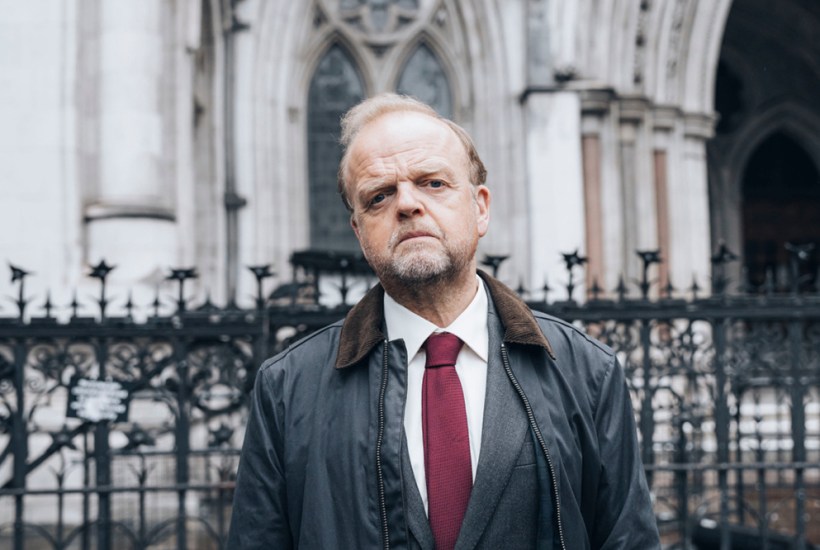Did football officials watch Mr Bates vs The Post Office? They should have – and learned from it. Otherwise they could be next in the crosshairs of a TV dramatist. Just as the Post Office failed to act as they should have done to protect sub-postmasters, football – and rugby for that matter – is showing no noticeable signs of urgency to look after its players despite growing evidence that both sports are contributing to long-term brain damage.
Already a subscriber? Log in
Subscribe for just $2 a week
Try a month of The Spectator Australia absolutely free and without commitment. Not only that but – if you choose to continue – you’ll pay just $2 a week for your first year.
- Unlimited access to spectator.com.au and app
- The weekly edition on the Spectator Australia app
- Spectator podcasts and newsletters
- Full access to spectator.co.uk
Or
Unlock this article
You might disagree with half of it, but you’ll enjoy reading all of it. Try your first month for free, then just $2 a week for the remainder of your first year.









Comments
Don't miss out
Join the conversation with other Spectator Australia readers. Subscribe to leave a comment.
SUBSCRIBEAlready a subscriber? Log in